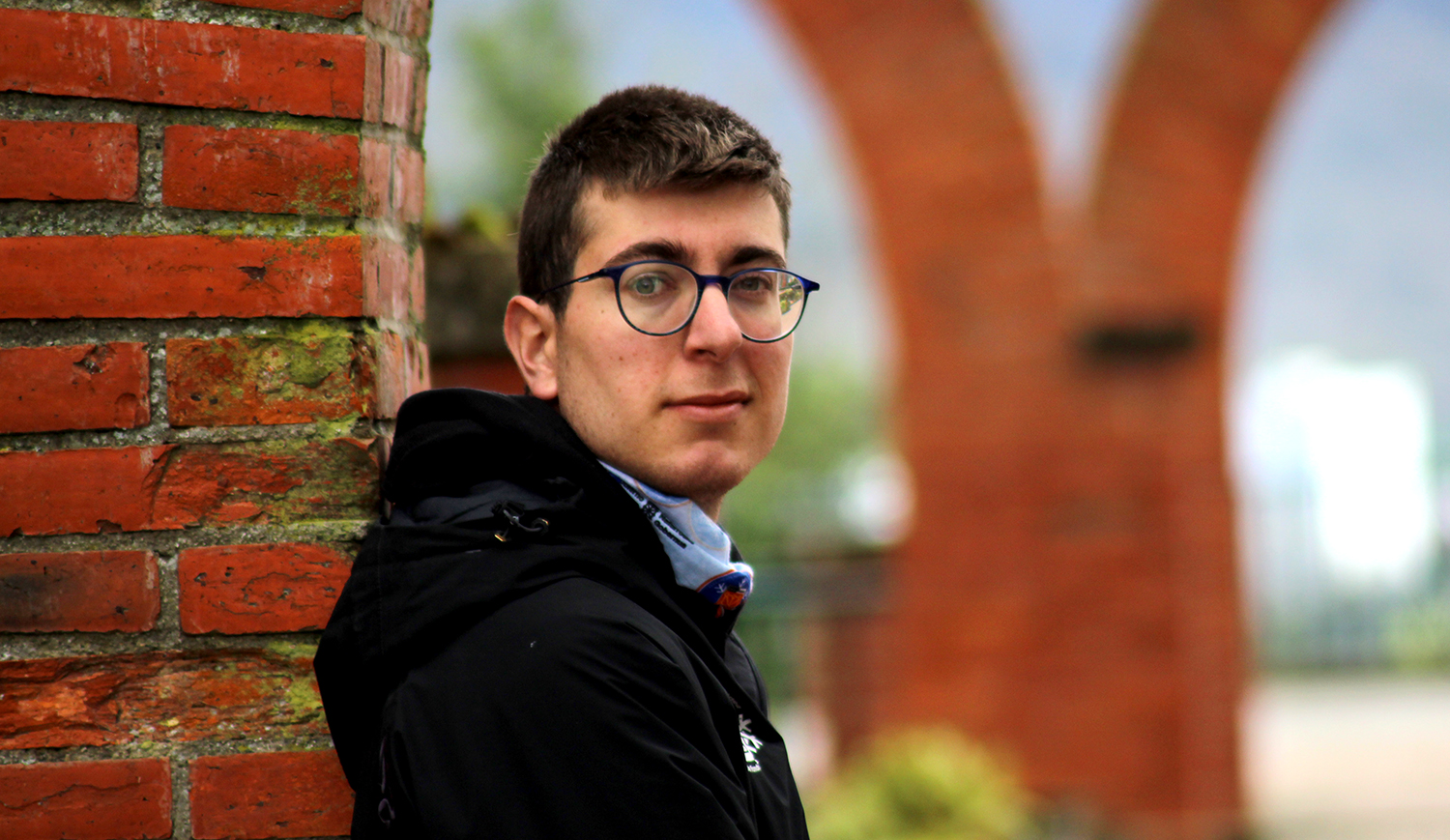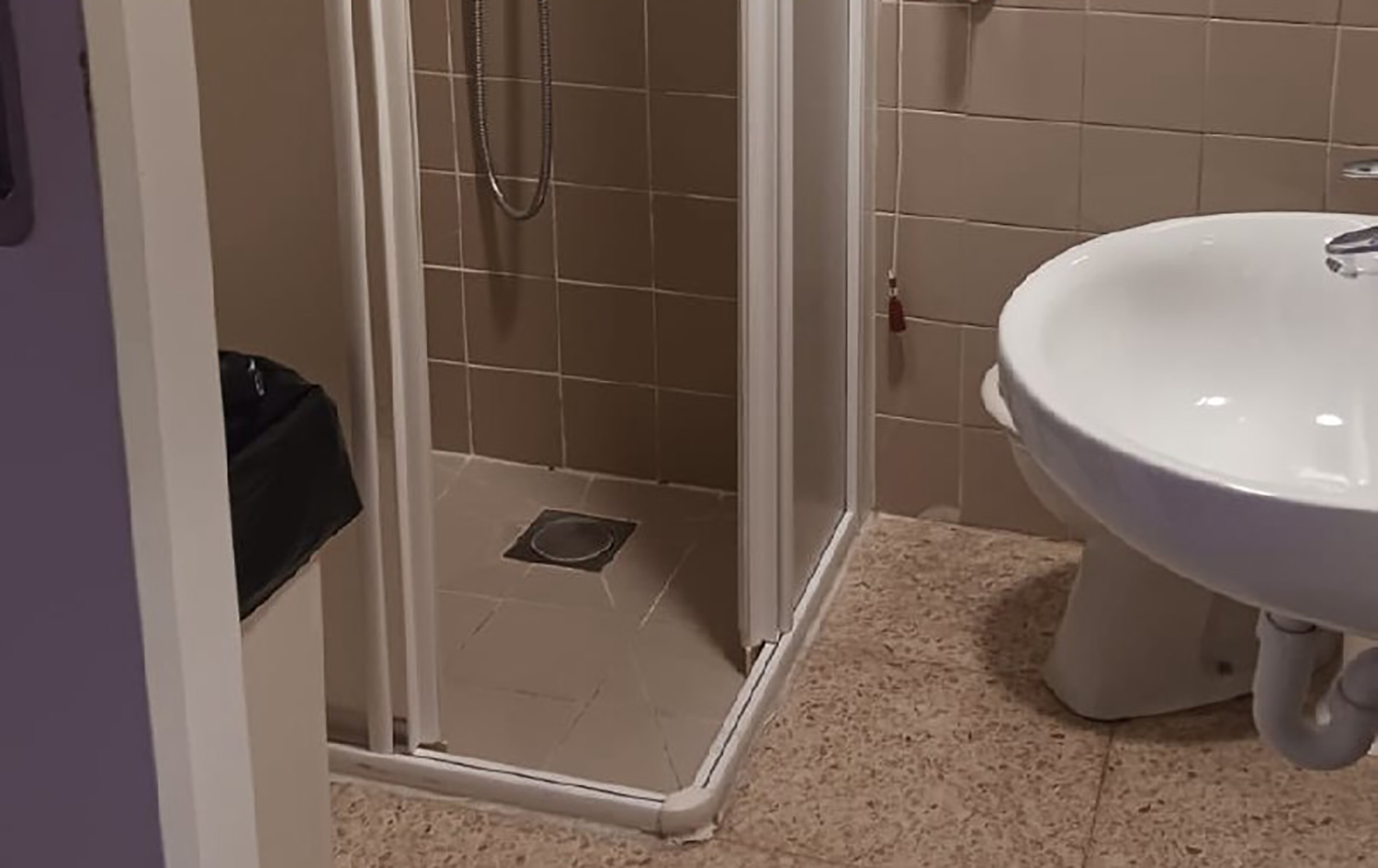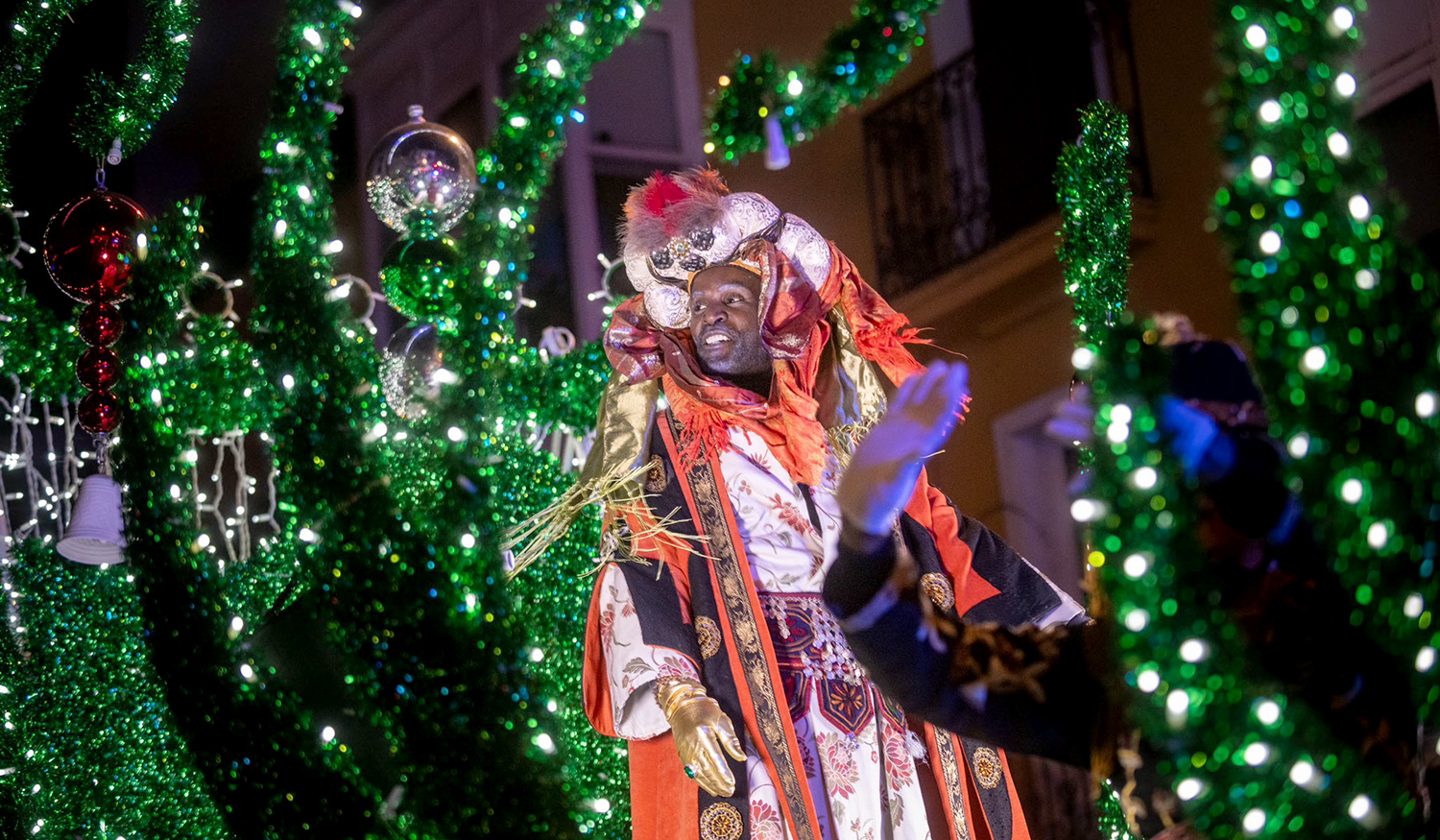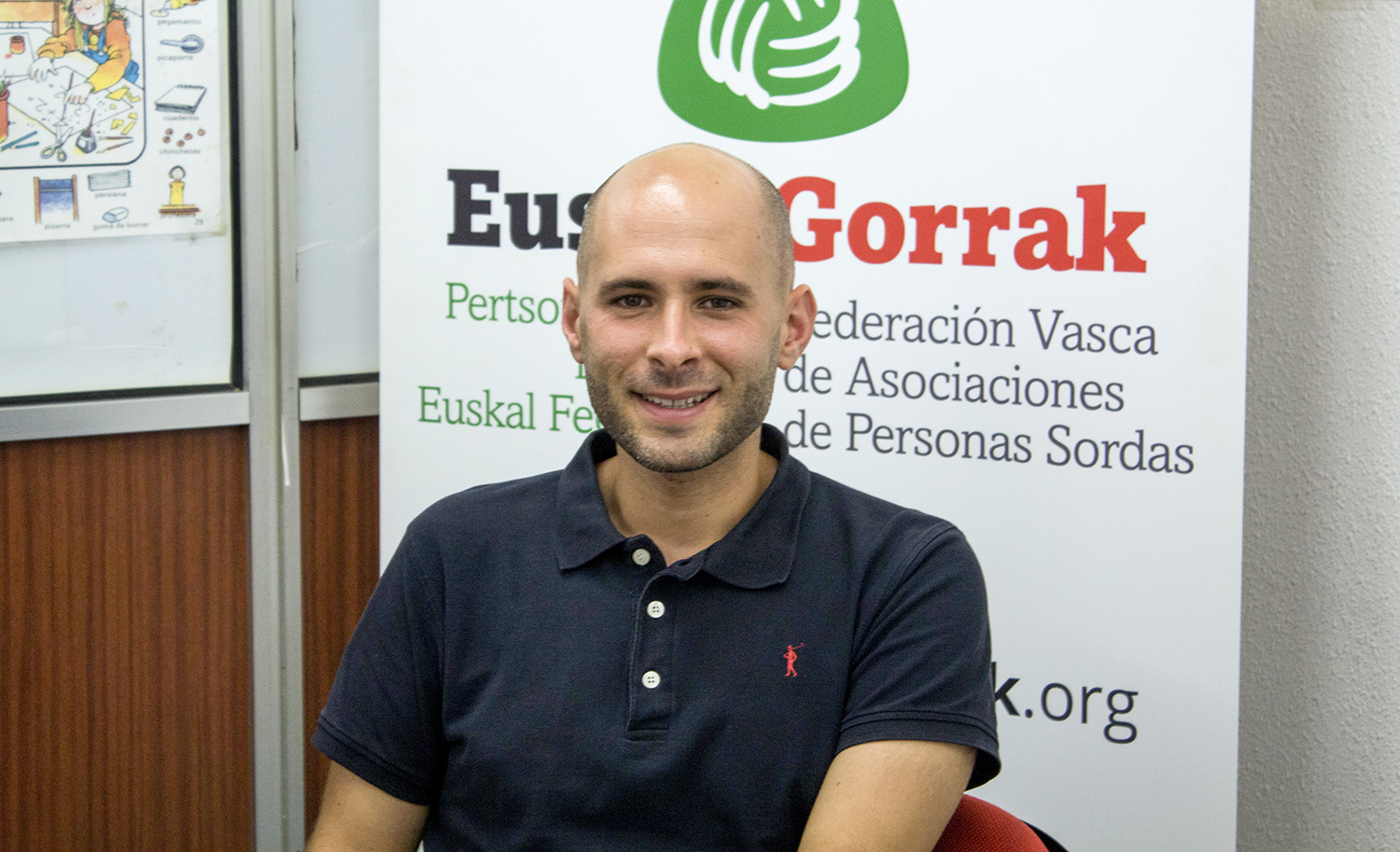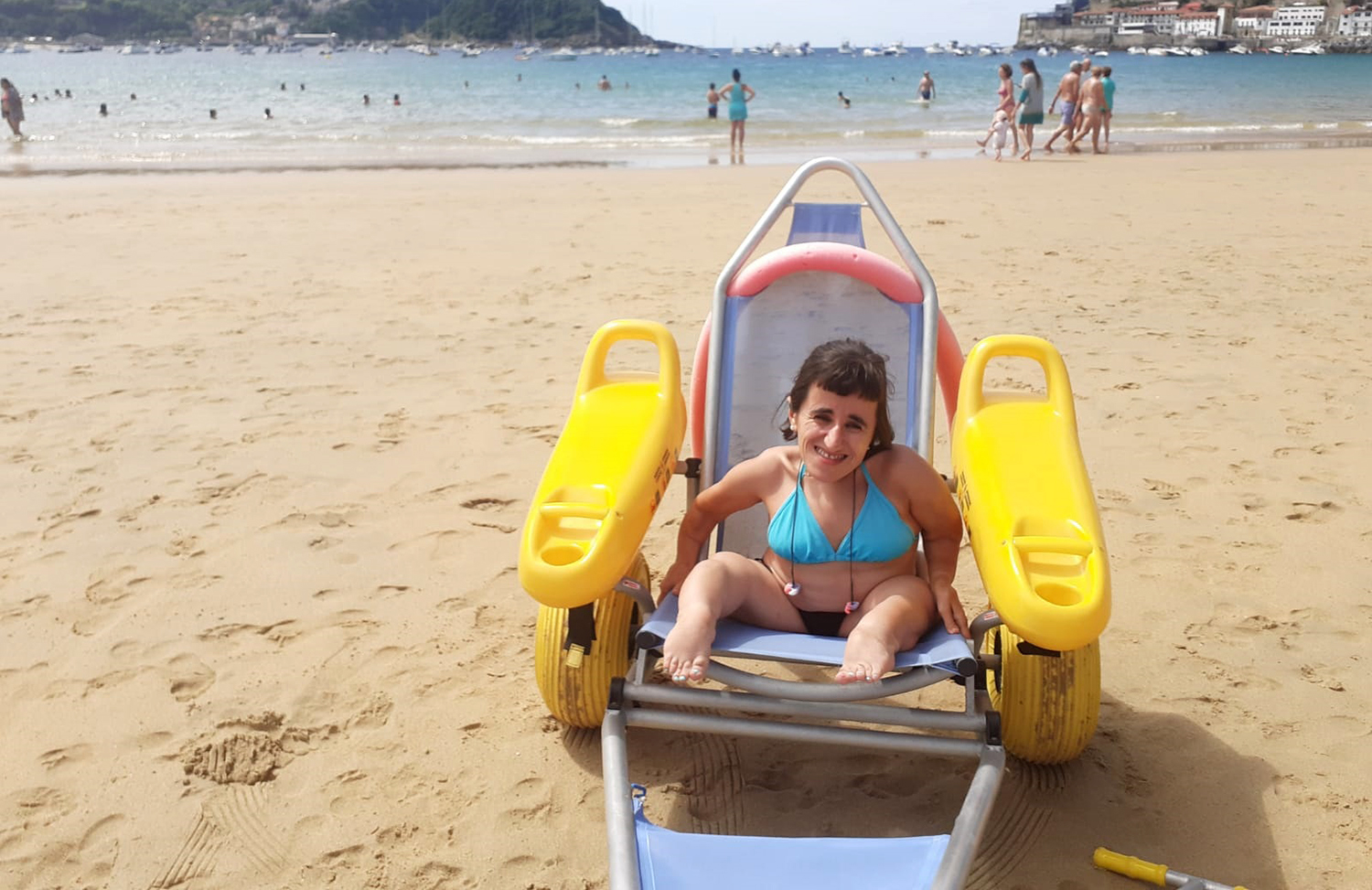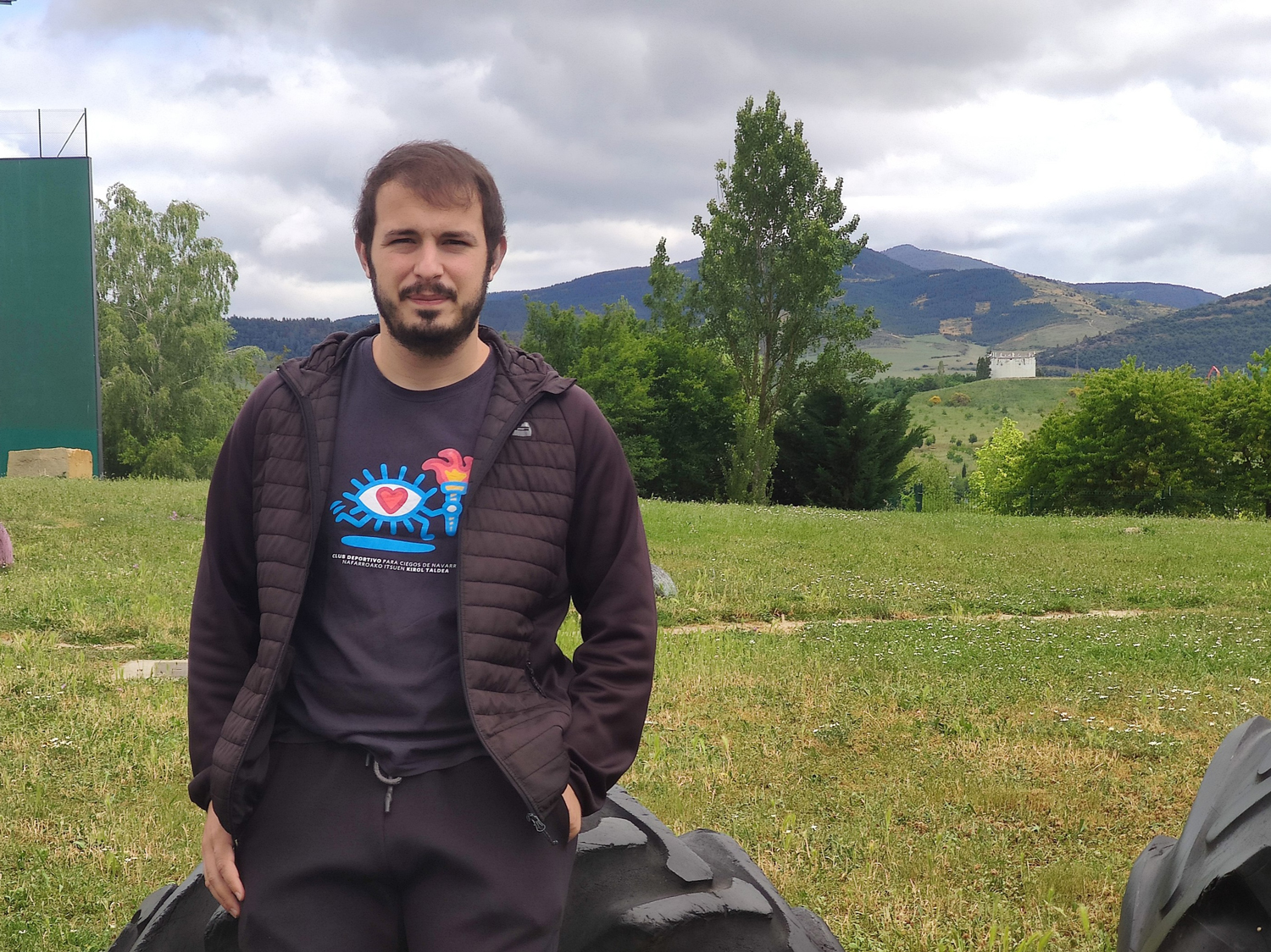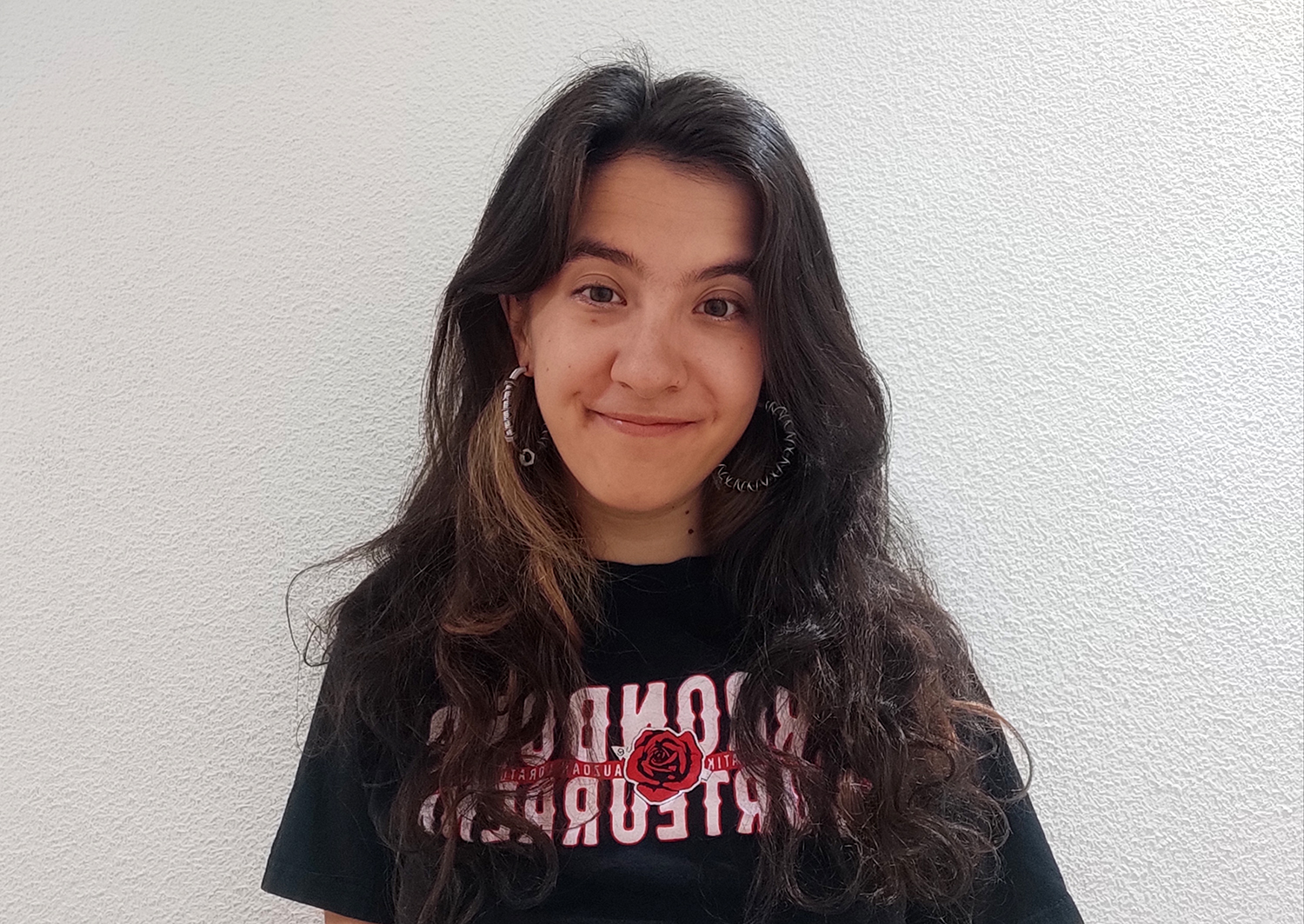Leisure without barriers for people with functional diversity
- Knowing new places, doing sports, going to film, visiting museums… People with functional diversity often find it difficult to enjoy free time. To respond to this lack, the “Tantai: leisure without obstacles” initiative was born.
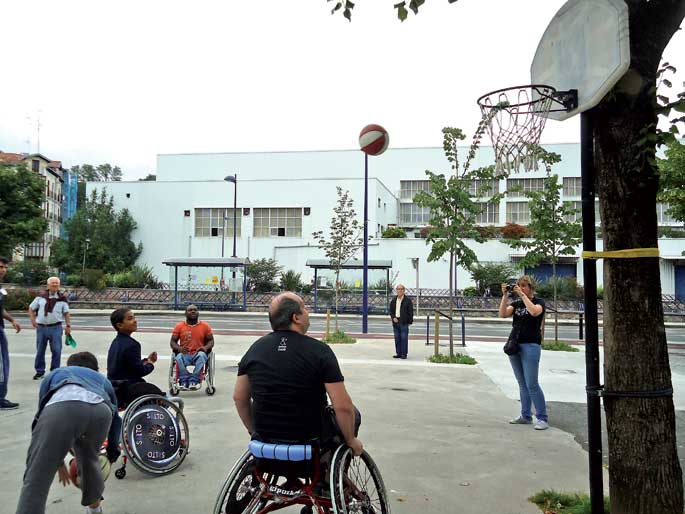
The Zarauztarra Ane Mendizabal and the Donostia Alba Irazabalbeitia, creators of the Tantai project, have denounced that people with functional diversity cannot enjoy free time in a dignified way. Our environment and cultural offer do not respond to diversity because “most of the activities carried out in the area of leisure and tourism are not adapted to the needs of people with functional diversity”, says Mendizabal. That is why they have started to organize adapted and inclusive activities.
Among many others, Tantai organizes adapted sport, excursions, workshops and courses, with no minimum number of participants and throughout the year. “And if someone wants to do some other action, they can get in touch with us, and depending on what they want, we will study their needs and prepare an offer adapted to them. We do all the work, they just have to worry about having a good time,” explains Mendizabal.
From a tourism point of view, each year there are thousands of people who have functional diversity and travel. Therefore, activities aimed at tourists have also been planned: “Especially because we are starting guided tours of Donostia and Gipuzkoa for the time being,” Irazabalbeitia said.
The two young people are licensed in Art of History. Mendizabal has also studied tourism and Irazabalbeitia has conducted an adapted tourism course taught by the Larrialdiak Foundation. “Emergencies At the Foundation they had been reflecting on leisure and adapted tourism, wanting to do something, but without concrete ideas. They got in touch with me to ask for help and I got in touch with Ane,” Irazabalbeitia explains.
“Much work remains to be done”
Both interviewees believe that our environment is increasingly adapted to the needs of people with functional diversity and that significant progress has been made in recent years, especially in public services. However, there are still significant gaps in sectors such as tourism and leisure. “Anyway, we cannot say that nothing is done, there are associations that fight hard for the rights of this collective and have achieved many things,” says Mendizabal. “At the institutional level, improvements are more evident. In the rest there is still a lot of work to be done,” adds Irazabalbeitia. The difference is evident from other European countries, for example: “In the major international museums, now the deaf and blind have at their disposal an audio description or a sign language interpreter to follow the guided tours, the explanations of the paintings also appear in Braille… In some museums here they have started doing so, but I would say it is something quite new and exceptional. However, little by little we are seeing improvements,” Mendizabal said.
In Euskal Herria, it is difficult to find actions that are fully adapted to this group. “Today, for example, it’s very fashionable to give concerts in bars, but perhaps the entrance is too narrow to get into a wheelchair, the bathrooms are still not prepared in many places, or you go to a conference and there are no sign language interpreters for deaf people,” says Irazabalbeitia. “We recently tried to organize a pintxo-pot aimed at people with functional diversity and realized that the Old Part of Donostia is very bad for moving in a wheelchair,” Mendizabal said.
When organizing actions, accessibility is the most important aspect to keep in mind, as “the smallest detail can send everything else to the shit. What we don’t care about or value can be decisive for someone with functional diversity to go to that place or perform that action,” Irazabalbeitia said.
Sensitisation
People with functional diversity have been called disabled, disabled, etc., but the interviewees have warned that these expressions are incorrect and that we use them incorrectly. “It is very important for us to stress that they are not people with disabilities, but that they do things differently. They are not disabled, or deficient in their abilities, or whatever, but people with functional diversity,” explains Irazabalbeitia. That is why, in addition to offering quality leisure, the creators want Tantai to also serve to raise the awareness of society in general. “The minimum standards are often not met and we want society to realize that.”
“We did a survey when we were creating Tantai, and more people than we thought we were told that they might not participate in a leisure or tourism activity if there was a person with functional diversity,” Irazabalbeitia explains. “Another question said: Do you think it's everybody's job to facilitate the inclusiveness of people with functional diversity? Well, many said that this is the task of the institutions, not of everyone. That also worries us a lot,” added Mendizabal. However, they consider that society is becoming more and more aware, especially by the new generations. Moreover, the presence and spectacularity of the population with functional diversity has increased considerably in society, which Tantai members value as a very positive fact.
From integration to inclusion
Ane Mendizabal and Alba Irazabalbeitia have stressed that the activities that Tantai organizes, in addition to the adapted ones, are also inclusive. Anyone with or without functional diversity can participate. They are in favour of abandoning the word integration and using inclusiveness: “We consider it inappropriate to use the word ‘integration’ to talk about people. When we talk about integration, we make a kind of distinction: you on the one hand and us on the other. You are ‘different’ and we integrate you. But it should not be. We are all people,” says Mendizabal. “It’s not fair to exclude someone because it’s ‘different’ in the eyes of others. After all, in one way or another we are all different and there has to be a space in society for all,” Irazabalbeitia claimed.
EAEko toki publikoen irisgarritasunari buruzko gida da Ararteko Mapak. Euskadiko Herriaren Defendatzaileak garatutako proiektua da, eta sakelakoan dohainik deskargatu daiteke. Ostatuak, jatetxeak, liburutegiak, tren geltokiak… zenbateraino diren irisgarriak kontsultatu daiteke, aplikazioaren bidez. Erabiltzaileak, gainera, iruzkinak egiteko aukera du, bere esperientziaren berri emanez.
Orain arte desgaituak ez diren pertsonekin lehiatu da Uharteko Ipar Eski Taldeko Eneko Leyun eskiatzailea (Iruñea, 1998). 2024-2025 denboraldian, lehenengo aldiz parte hartu du Adimen Urritasuna duten Pertsonentzako Iraupeneko Eskiko Espainiako Txapelketan. Urrezko... [+]
Desgaitasun fisikoa duen arkitekto baten alabaren etxea bisitatu ondoren idazten dut honako hau.
Desgaitasun fisikoa duten pertsonen taldeek ez dute arkitektoa maite, beraien bizitza zailtzen duen gaizkile bat kontsideratzen baitute. Gorrotoa ulerkorra da: arkitektoaren lanak... [+]
Elkarteko Elena Avalosek salatu du aulki gurpildunarekin komunera sartzea oztopatzea, pertsona desgaituen eskubideen, autonomiaren eta duintasunaren kontra doala.
Gazteagotan baino lotsa handiagoa dauka, baina horrek ez dio saltsa askotan ibiltzeko gogoa kentzen Leire Zabalza Santestebani (Iruñea, 1990). Beste gauza askoren artean, Motxila 21 musika taldeko kidea da. Nabarmendu du musika gauza asko aldarrikatzeko bide izan... [+]
Istorioetan murgildu eta munduak eraikitzea gustuko du Iosune de Goñi García argazkilari, idazle eta itzultzaileak (Burlata, Nafarroa, 1993). Zaurietatik, gorputzetik eta minetik sortzen du askotan. Desgaitua eta gaixo kronikoa da, eta artea erabiltzen du... [+]











